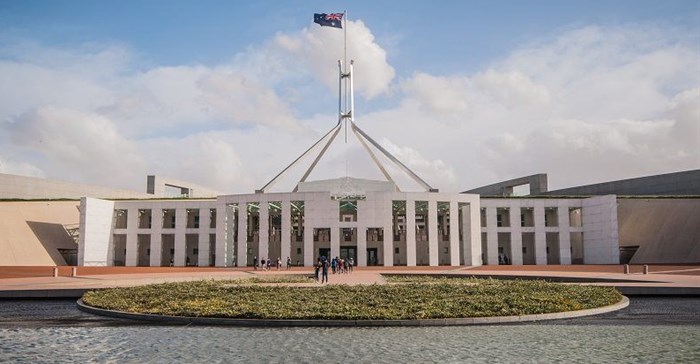
Top stories






More news





ESG & Sustainability
#Sona2026: President announces crisis committee to tackle SA's water challenges









Australia boasts some of the world’s richest mineral deposits, with over 60-billion tonnes of coal and a further 21.9-billion tonnes of iron ore. This natural abundance has fuelled a mining industry that is consistently one of the country’s most profitable and productive sectors. As a result, mining lobbyists can wield significant influence. The energy sector has made considerable pushes for political influence during times of political upheaval, especially elections; a report from the Select Committee into the Political Influence of Donations found that donations to the major parties reached A$4m around the 2010 election.
In addition to a federal election, 2010 also saw a major victory for mining lobbyists against attempts to tax the sector. The industry successfully campaigned against a new 40% tax rate above the government bond figure for all mining companies, spending A$22m on an advertising campaign to oppose the tax, and eventually negotiating a new tax rate with the government that would cost the state around A$60bn in lost revenue. While this agreement was ultimately repealed by the government in 2014, the episode demonstrated the unusual influence of mining lobbyists.
In response to this, the Grattan report profiles the role of mining lobbyists in Queensland and across Australia, and aims to determine whether these groups wield undue influence, and what can be done to curb their growing political power.
Kate Griffiths, a senior associate at the Grattan Institute and one of the report’s authors, said: “The mining industry is particularly active in lobbying Australian state and federal governments. Our research shows that businesses with the most to win or lose from government decisions get more meetings with senior ministers, make the most use of commercial lobbyists, and donate much more to political parties than might be expected, given their relative economic contribution.
“Lobbyists for the mining industry still punch well above their weight, representing about 20% of all lobbying contacts with state government officials.
“A change in attitudes is required. Politicians in particular need to face up to the fact that Australians are suspicious of them and expect more of them. Most Australians think people in government serve themselves and their mates, rather than the public interest, and 85% think at least ‘some’ federal politicians are corrupt.”